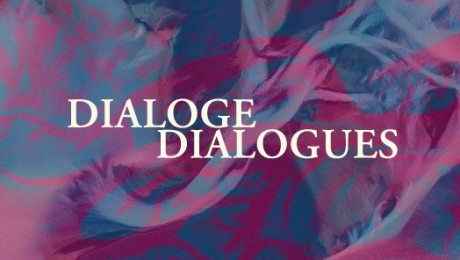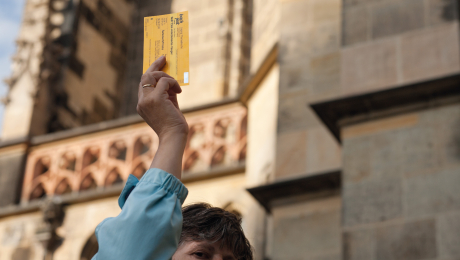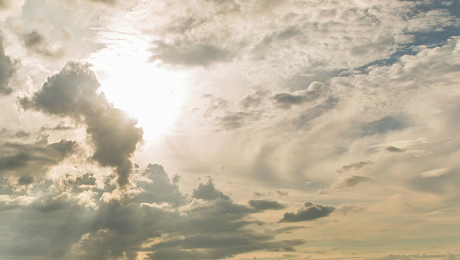
No 18 Bach versus Scheibe
Friday 12th June 20265:00 pm to 6:30 pm
J. S. Bach: Jauchzet Gott in allen Landen, aus der gleichnamigen Kantate, BWV 51 • J. S. Bach: Konzert C-Dur • J. A. Scheibe: Sinfonia d-Moll, aus: Den døende Jesus, SchW B2:302 • J. S. Bach: Süßer Trost, mein Jesus kömmt, aus der gleichnamigen Kantate, BWV 151 • J. A. Scheibe: Sinfonia A-Dur, SchW A2:005 • J. A. Scheibe: Edle Unschuld, gib die Gründe, aus: Wer sich rühmen will, SchW B2:204 • J. S. Bach: Patron, das macht der Wind, aus: Geschwinde, geschwinde, ihr wirbelnden Winde, BWV 201 • J. A. Scheibe: Sehr geschwinde gleich dem Winde, aus: Der Engel des Herrn lagert sich, SchW B2:205 • J. A. Scheibe: Konzert G-Dur, SchW A1:009 • J. S. Bach: Sonata G-Dur, aus: Himmelskönig, sei willkommen, BWV 182 • J. S. Bach: Sei Lob und Preis mit Ehren, aus: Jauchzet Gott in allen Landen, BWV 51
Artists:
Marie-Sophie Pollak (soprano), Concerto Köln, direction: Max Volbers (recorder, harpsichord), Prof. Dr. Michael Maul (presentation)
Bach versus Scheibe – a musical contest: Bombastic, confused and »contrary to nature« was the description of his music Johann Sebastian Bach read in the magazine »Der Critische Musicus« in 1737. Although the author wished to remain anonymous, it was immediately clear that the writer of the text was Johann Adolph Scheibe, a music critic and composer from Leipzig who now made a career in Hamburg. Bach frothed with rage and had a »counter-article« written. Nearly 300 years later, the ensemble Concerto Köln puts the theory to the test and juxtaposes selected Bach works with those of his critic, Scheibe. Leading the ensemble is a young prize-winning musician who is above all criticism – the recorder-player, harpsichordist and ensemble director Max Volbers. The Bachfest’s artistic director Michael Maul willl guide the audience vividly and entertainingly through the debate raging in that time (in German).





